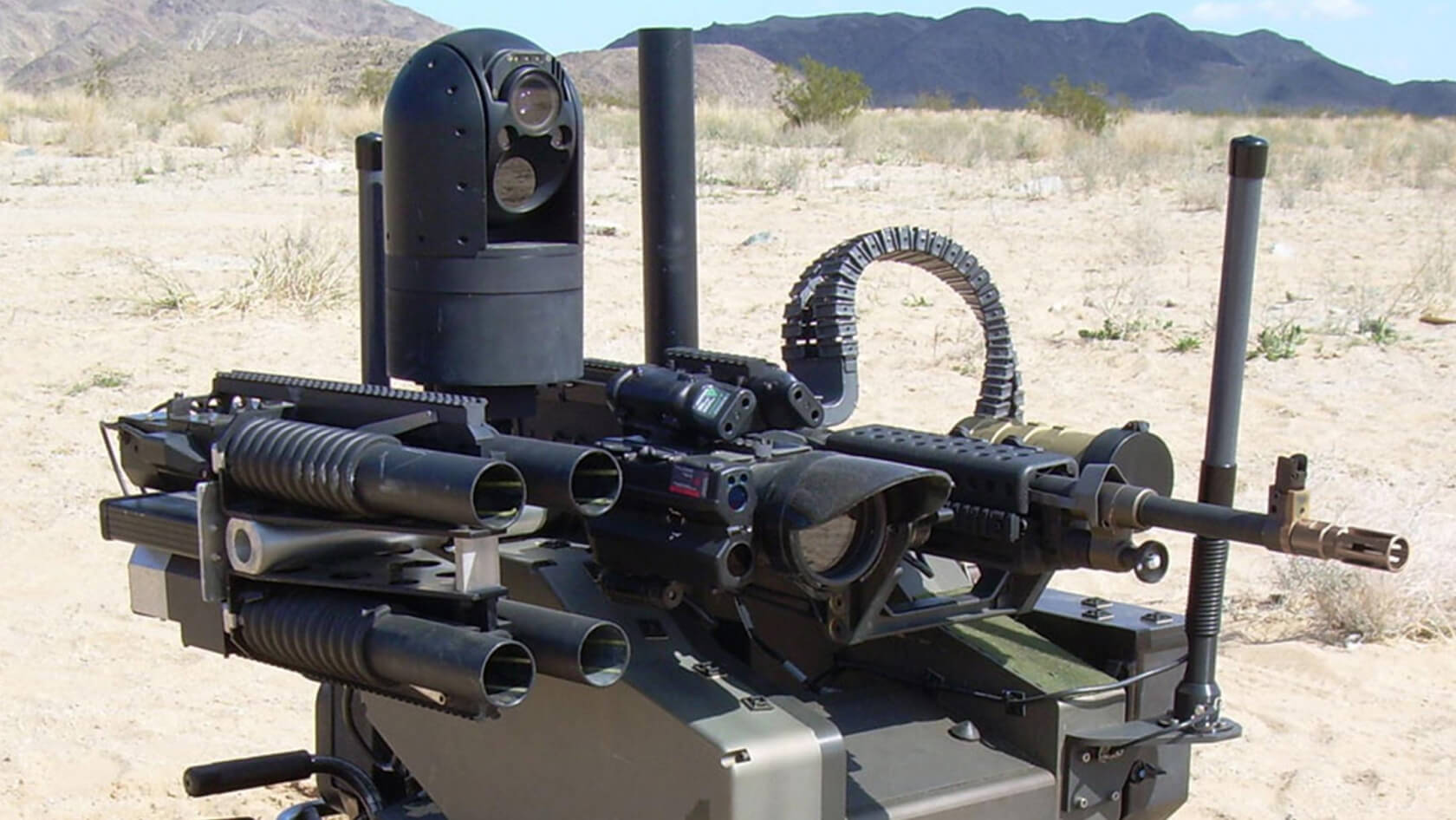Back in August, Elon Musk joined 116 other experts in signing a letter to the UN that called for a ban on the development and use of all lethal autonomous weapons systems (LAWS). But despite being the second letter of its kind, Russia has suggested it will not adhere to any international restrictions on killer robots.
DefenseOne.com reports that Russia announced this hard-line position during a recent meeting at the United Nations in Geneva to discuss LAWS. In a statement submitted by the Russian Federation, it said that "the lack of working samples of such weapons systems remains the main problem in the discussion on LAWS."
"Certainly, there are precedents of reaching international agreements that establish a preventive ban on prospective types of weapons. However, this can hardly be considered as an argument for taking preventive prohibitive or restrictive measures against LAWS being a by far more complex and wide class of weapons of which the current understanding of humankind is rather approximate."
Russia also argued that putting restrictions on these weapons could have an adverse effect on the development of civilian artificial intelligence systems. "It is hardly acceptable for the work on LAWS to restrict the freedom to enjoy the benefits of autonomous technologies being the future of humankind."
Russia says there is difficulty in defining what a "lethal autonomous robot" actually is, and that the definition isn't yet necessary. Some of the meeting's attendees noted that Russian defense contractors such as Kalashnikov already sell weapons with AI features such as autonomous targeting and firing.
"Russia taking a defensive stance against an international body seeking to regulate weapons other than destructive nuclear bombs should not have been such a surprise. After all, in many international forums, Russia stresses the 'sovereignty of nations free to pursue their own political/military/economic course' as a cornerstone of an international order they envision as a better alternative to the unipolar world with the United States in the lead," said Sam Bendett, an associate research analyst with the Center for Naval Analyses' Russia Studies Program and a fellow in Russia Studies at the American Foreign Policy Council.
At least one top US general disagrees with Russia. Speaking at a Senate Armed Services Committee hearing in July, Gen. Paul Selva said: "I don't think it's reasonable for us to put robots in charge of whether or not we take a human life."
